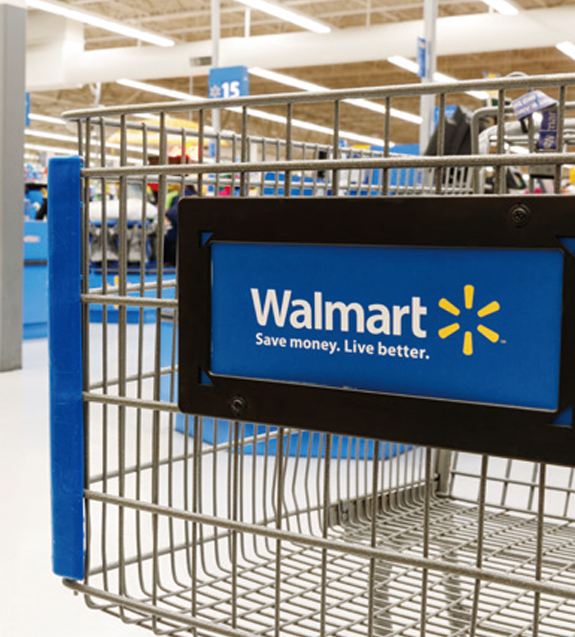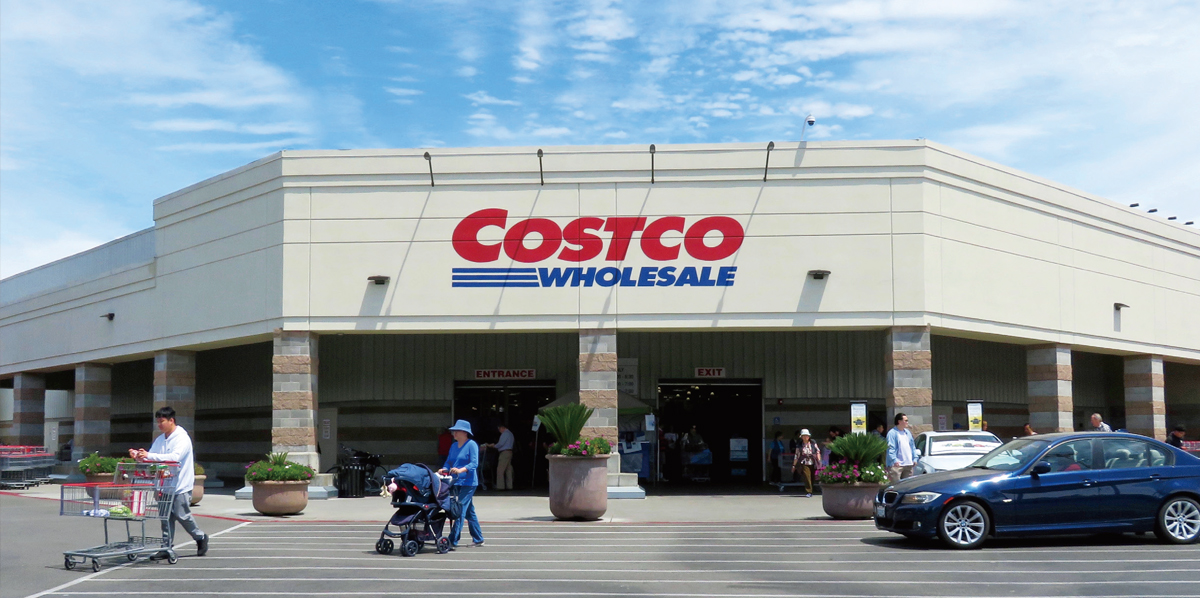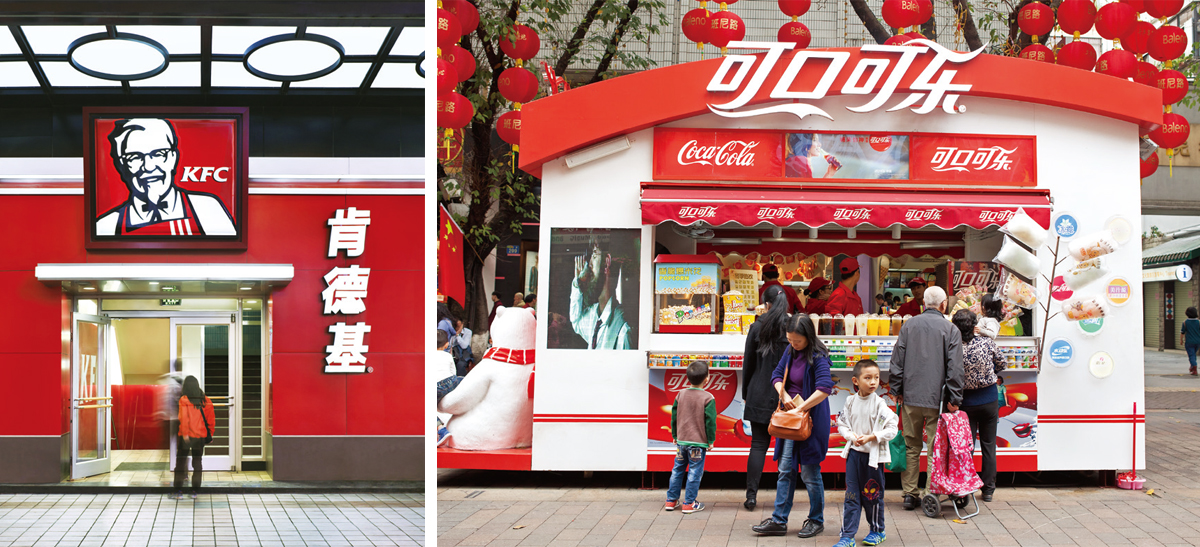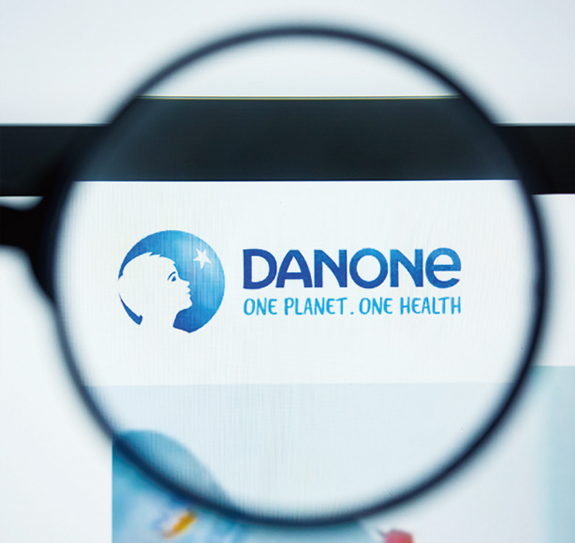There is Something Special about a Successful Global Company
The reason why companies are eager to advance into foreign markets is because they seek opportunities to grow,
expand their sales, and actively utilize overseas resources.
The entry barriers to overseas markets have also been lowered, and most companies are dreaming of expanding overseas.
However, many of them do not succeed in localization because of resistance or have a bitter experience due to their non-strategic approach.
We would like to check out the essential to becoming a successful global company through entering the overseas market.
expand their sales, and actively utilize overseas resources.
The entry barriers to overseas markets have also been lowered, and most companies are dreaming of expanding overseas.
However, many of them do not succeed in localization because of resistance or have a bitter experience due to their non-strategic approach.
We would like to check out the essential to becoming a successful global company through entering the overseas market.

The 'new normal' era where large, medium, and small companies, and all individuals are connected to the world
With the rapid growth of Netflix in the COVID-19 era, there is one Korean content that is gaining keen attention: Kingdom. The reaction to Korean zombies was heated. The interest in Gat, the Korean traditional hat, worn by the characters was so huge that they were soon being sold on Amazon. In the times when face-to-face exchanges are difficult due to COVID-19, logistics is connecting the world with high speed. It suggests that going global is not an option, but rather a requirement for companies.
McKinsey & Co., a worldwide consulting firm, talked about the digital globalization era in 2016, and said that due to the data flow and its speed, life is completely different from the 20th century. According to their report, the biggest difference between the 20th century and the 21st century is that ideas used to be diffused gradually across borders, but now, instant global access has been made possible through digitalization. Furthermore, unlike in the past when innovation flowed from advanced to emerging economies, it now flows in both directions and emerging countries are participating more in the global economy.
In a similar vein, globalization does not stop with a firm’s success, but through development of various digital platforms, even individuals are connected to the world. Along with increased electronic payment systems, small- to medium-sized enterprises (SMEs) are now also participating in the globalization.

Learn from successes and failures in securing overseas markets
Of course, not all companies succeed in advancing into the global market. Walmart operates about 10,000 stores in 28 countries around the world, and is the No. 1 ranking global company selected by Fortune magazine for years. However, the one market that Walmart failed to advance into was Korea. To practice their strategy of EDLP (Everyday, Low price), Walmart purchased an inexpensive piece of land outside Seoul to set up a warehouse store when they entered Korea. However, they were unable to secure fresh vegetables and meat due to logistics problems; and the Koreans were not used to the structure of warehouse discount stores at the time, while they also did not find it convenient to access one at a far distance. Moreover, they did not apply the way of payment by Koreans, who were used to credit card payment.
On the other hand, another American company was so successful in localizing into Korea that it was described as “the store with the world's first place in sales is Yangjae Branch in Seoul; I start to tear up just thinking about it.” The person who said this is Jim Sinegal, the co-founder of Costco. It succeeded in getting accepted in Korea by increasing value with the right location near the city center and membership, and by selling quality products and signature brands at low cost. We must learn from the success and failure of these two similar, but different, companies to secure a global market base. In addition, we need to find out what are the key abilities in succeeding in global advancement.
On the other hand, another American company was so successful in localizing into Korea that it was described as “the store with the world's first place in sales is Yangjae Branch in Seoul; I start to tear up just thinking about it.” The person who said this is Jim Sinegal, the co-founder of Costco. It succeeded in getting accepted in Korea by increasing value with the right location near the city center and membership, and by selling quality products and signature brands at low cost. We must learn from the success and failure of these two similar, but different, companies to secure a global market base. In addition, we need to find out what are the key abilities in succeeding in global advancement.

Start with understanding and consideration
Today's world is inter-connected, and exchanges are conducted in various ways, but a strange culture and communication methods can still be a big challenge. The companies can also experience conflicts when they are faced with different cultures, languages, customs, and values. Therefore, it is essential to understand these differences in advance. Of course, the strategy needs to be devised meticulously.
Coca-Cola is a well-known company that has cleverly applied this strategy. Seven or eight years ago, Coca-Cola launched a campaign that inserted a popular name in the label: ‘Share a Coke with John,’ etc. to create more personal relationships with customers. However, it was differently accepted in China, where its is considered impolite to mention a person’s name, so they changed the names to words such as ‘a friend’ or ‘a classmate’ to gain more favorable responses. It was a thoughtful strategy that understood the culture correctly. The result was not only the success of the campaign, but increased sales through the improved image of Coca-Cola for having been considerate.

Have flexibility for changes
If you have the mindset for global advancement, what you need now is the flexibility to cooperate with the country, its consumers, etc. and to localize accordingly. KFC used their popular tagline ‘finger–licking good’ when entering the Chinese market in the 1980s. This meant that it was ‘so tasty that one would lick their fingers’, but it was mistranslated in Chinese to ‘eat your fingers off.’ This mistake almost caused KFC to withdraw from China, but they quickly exercised flexibility to join the Chinese market.
Although KFC is famous mainly for its chicken, they added dishes preferred by the Chinese such as porridge, Chinese bread, and rice to the menu to earn their favor. They made the elderly people who preferred traditional food and the young who preferred to try new things gather in the same place, and thus shed the disagreeable image.
A company needs to have a flexible and cooperative mindset like this to go around the strategy when there is a mistake or a misunderstanding. If they had insisted on the concept and the strategy that brought them success in their country, they would surely not have been able to recover so quickly.

Lastly, you need to contribute to the creation of shared values through localization
When a company realizes a value in another country and establishes a partnership for a win-win outcome, globalization will advance in a more positive direction. Danone is a good example. The core value of Danone is to promote the health of humankind through food. The story of Danone solving the problem of malnutrition in Bangladesh is very famous. In a market with little purchasing power, Danone has developed small-sized yogurt which cost 80KRW, built factories in remote areas and received local ingredients, and purchased the yogurt manufactured in the factories in the area.
Danone has created greater value by vitalizing the consumption of local areas through low costs, instead of doing volunteer activities, building schools, or helping children in need directly and also made profits through it. This teaches us a lesson that focusing on sales and profits should not be the sole objective of a company. A positive attitude to create social value, in addition to understanding the local situation overseas, is the key to successfully advancing into the global market.
Danone has created greater value by vitalizing the consumption of local areas through low costs, instead of doing volunteer activities, building schools, or helping children in need directly and also made profits through it. This teaches us a lesson that focusing on sales and profits should not be the sole objective of a company. A positive attitude to create social value, in addition to understanding the local situation overseas, is the key to successfully advancing into the global market.
The next move after securing a base successfully
There are many more things you should prepare before advancing into the global market. One of them is securing an overseas base successfully, as mentioned earlier, and how you operate and manage it is also very important. Even with the understanding of the local situation and the culture, glitches are bound to occur if the headquarters and the overseas base are not organizationally engaged.
Even if you have established an overseas corporation and offices, and are successfully operating them, you need to understand both the direction of the company and the local situation, and manage them organically to interconnect them. To do this, you need to assign authority to the leader of the overseas region. With the best team members from Korea and local talents, sufficient autonomy to make prompt decisions and action is necessary. Through this, they will be able to quickly analyze and take measures for local situations that change all the time, and depending on the situation, they will be able to establish a strategy first and make proposals at the headquarters.
For this to work, the resident employees must have the core values in their mind. They need to learn to internalize the values to be able to recognize the importance of their work and realize the organization’s core values. Do not be obsessed with growth! When a partnership is formed between members and they understand the values of the company correctly, it will become a foundation for cohesiveness for a company that has gone global.

2021.07.01

